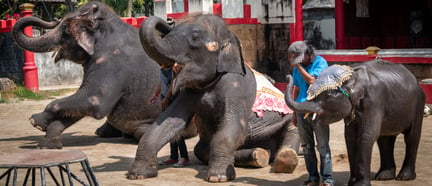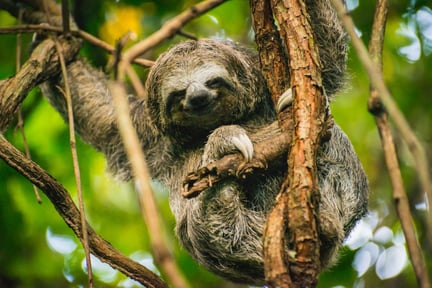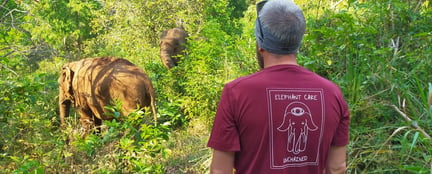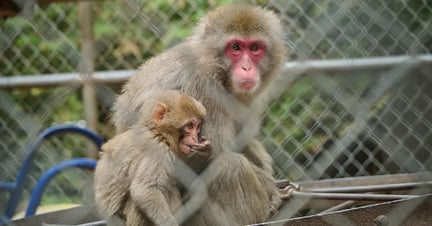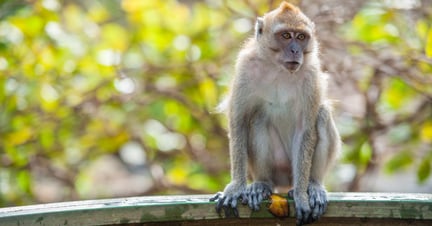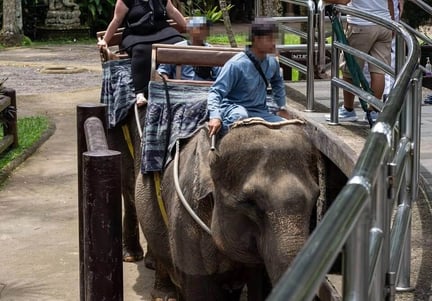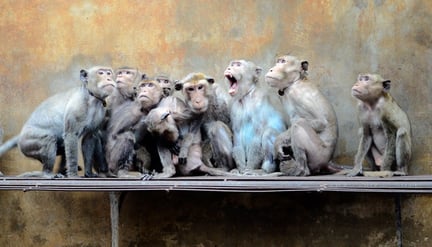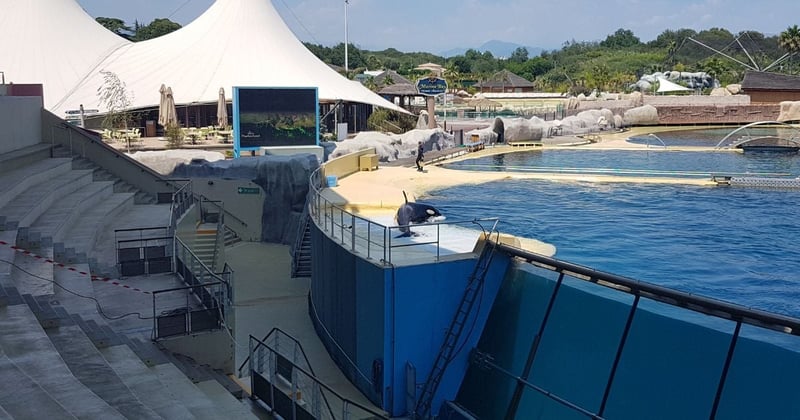
Marineland orcas in limbo as welfare crisis deepens
News
Orcas Wikie and Keijo remain in limbo as Marineland Antibes faces growing animal welfare concerns and staff cuts following venue closure.
The fate of orcas Wikie and Keijo remains uncertain as animal welfare concerns at Marineland Antibes, France's last marine park holding orcas, continue to escalate.
The park, owned by Spanish entertainment group Parques Reunidos, has been closed to the public since January, following France’s 2021 law banning captive whale shows by December 2026.
Yet behind closed doors, troubling questions remain about the ongoing care of the orcas still held in the facility's ageing tanks.
Reports indicate that Marineland has dismissed over 40 staff, including all veterinary personnel and animal caregivers.
Only two trainers are thought to remain. This drastic reduction has raised international concern about the welfare and safety of the animals, particularly the two surviving orcas.
A reflection of a failing industry
Dr Jan Schmidt-Burbach, head of animal welfare and wildlife research at World Animal Protection, described the situation as a clear sign of wider change in public attitudes.
'The decision was unexpected but rational,' he said. 'It perfectly illustrates the fact that marine parks are an outdated industry with dropping acceptability in society.'
We have long campaigned against the keeping of marine mammals in captivity and continue to advocate for their protection and freedom.
Orcas in particular suffer immensely in artificial environments, where they are unable to express natural behaviours, form social bonds or swim the vast distances they would in the wild.
Call for urgent action
The current crisis at Marineland highlights the urgent need for a long-term, welfare-focused solution.
Rather than keep these intelligent, socially complex animals confined in exploitative venues such as Loro Parque, the next step must be to explore rehoming them in seaside sanctuaries where their welfare would be prioritised.
Wikie and Keijo are the last surviving orcas at Marineland after the deaths of the other orcas that were previously held there.
Without urgent intervention, their future remains at risk.
World Animal Protection opposes the commercial captivity of cetaceans since a captive environment cannot provide the necessary physiological and psychological needs that are critical for the animal's well-being.
Permanent captivity should only be considered for cetaceans that can't be released back into their natural habitat, housed only at facilities that provide the best possible welfare to the captive individuals, ensure no further cetaceans are introduced into captivity through breeding or trade, do not exploit the animals for entertainment, and do not spread misleading claims that misrepresent their needs or justification for their captivity.
Purpose-built sea-side sanctuaries, operating to highest animal welfare standards, should be the preferred option. If these aren't available, maintaining cetaceans in other captive facilities, such as commercial venues, can be considered if strict no-breeding and no-trading policies are implemented, there are no show performances, no direct interaction with visitors, and conditions ensure a life worth living for those animals.
Related content
Protecting wildlife in travel & tourism
Wildlife
Would a real responsible traveller have captive wildlife entertainment on their wish list?
Animal Sentience
At World Animal Protection sentience is at the heart of everything we do, click to find out more.
Wildlife Heritage Areas
Heritage Sites
A global programme recognising responsible wildlife-watching destinations that incorporate high standards of animal welfare and biodiversity conservation
